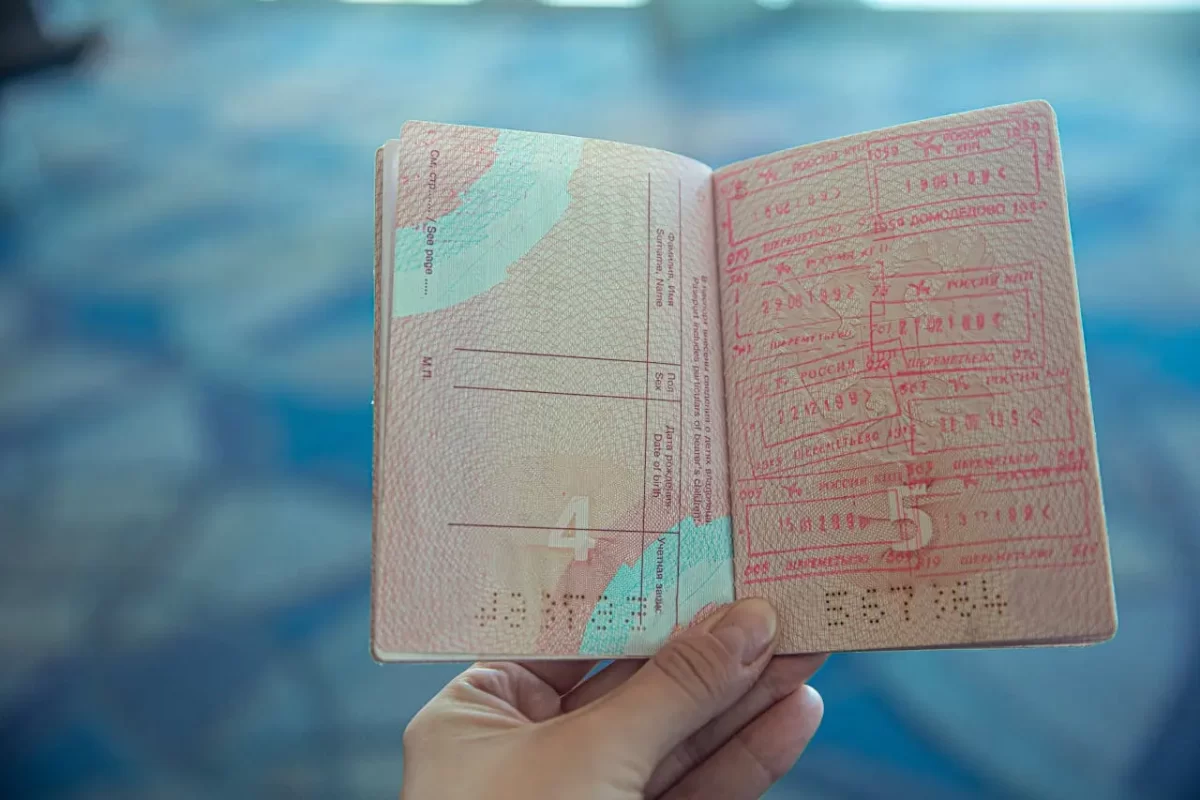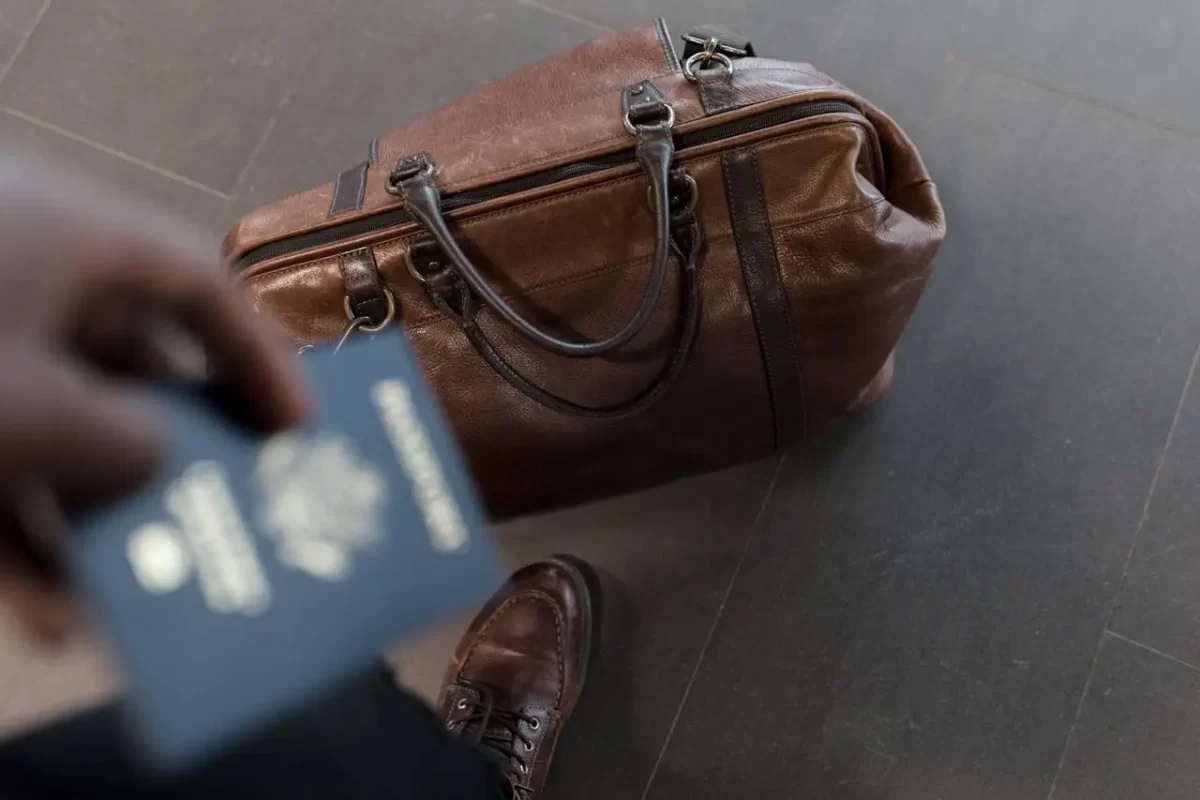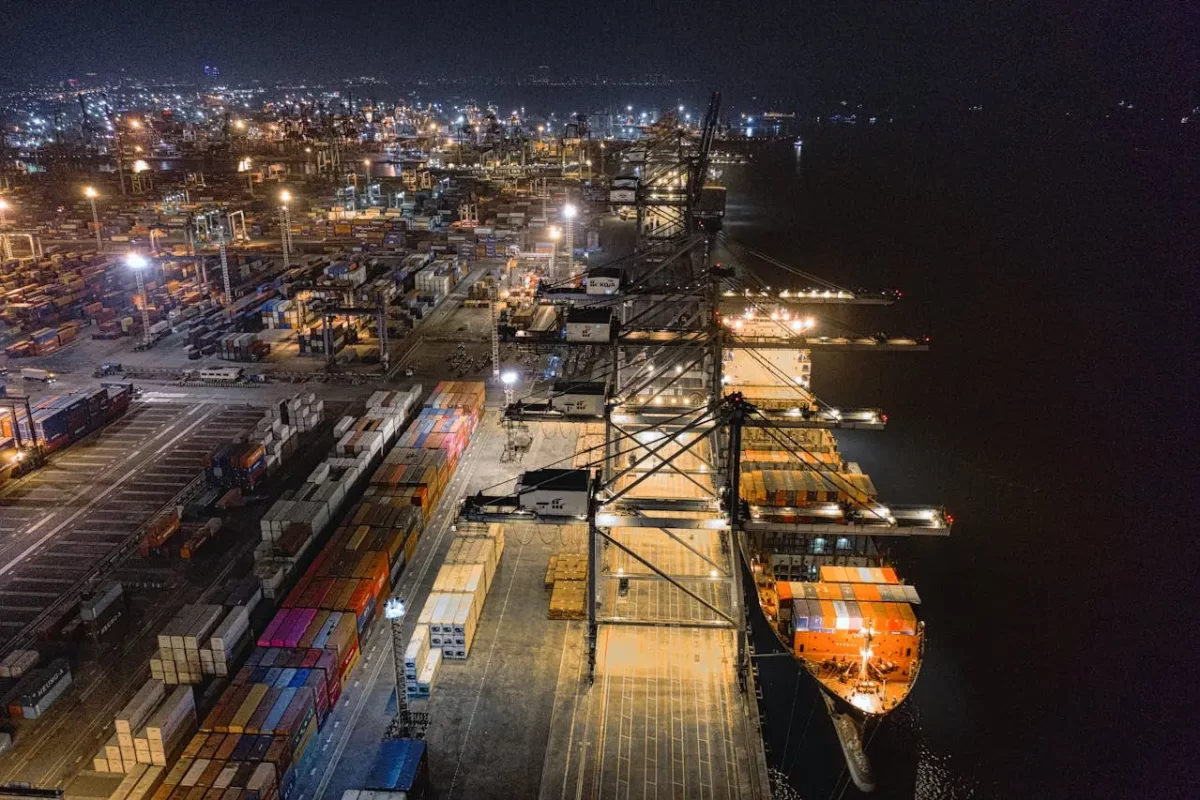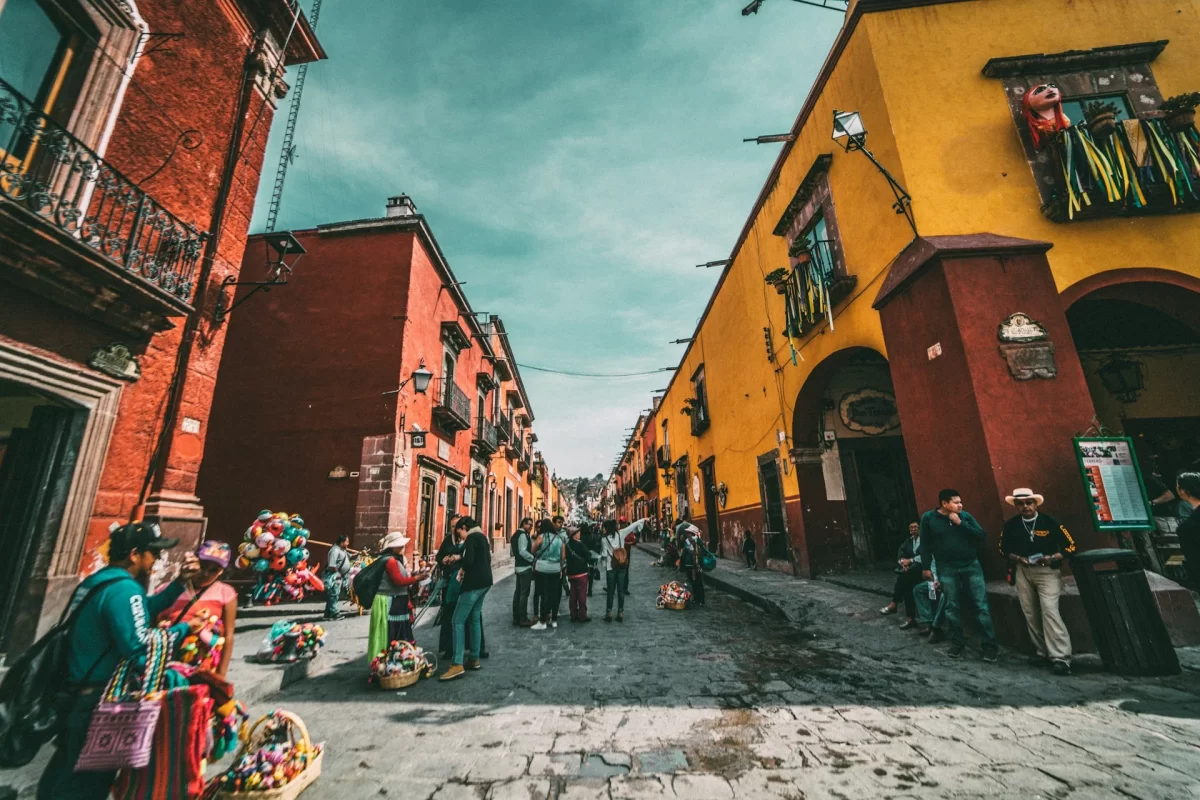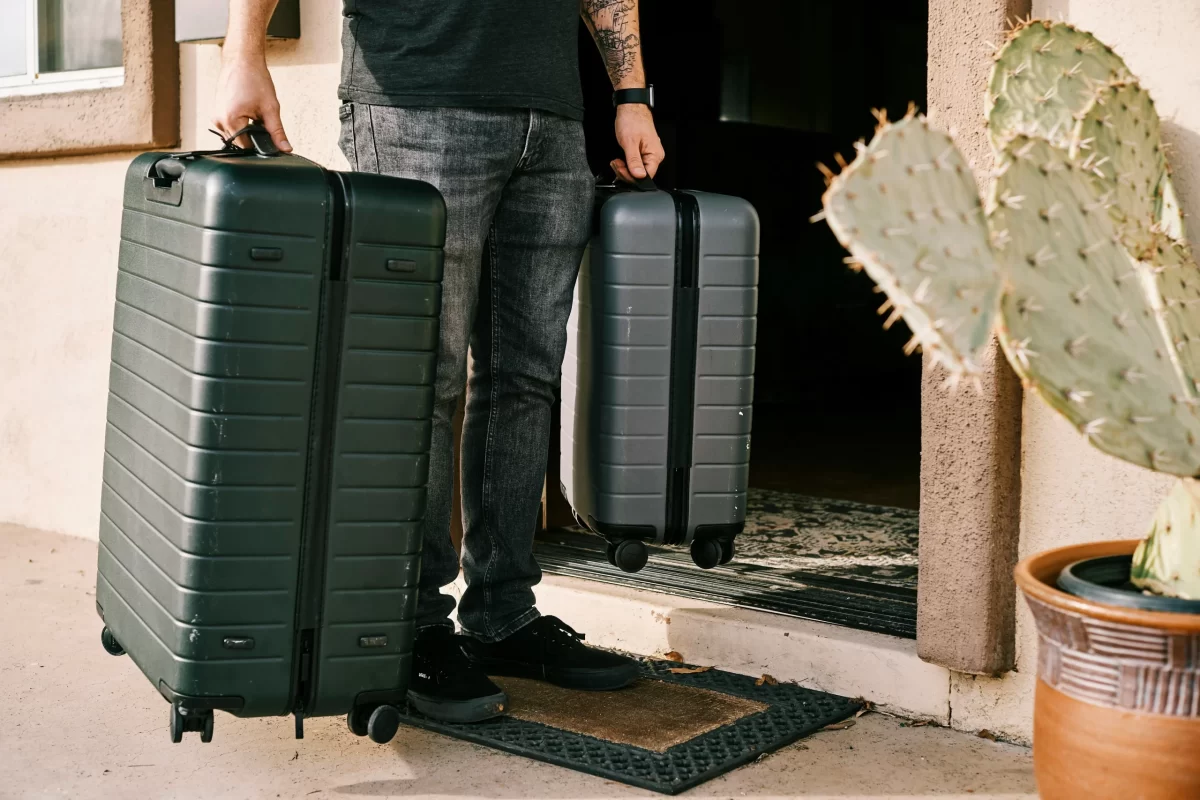Work Permits in Latin America
Latin America has become a magnet for foreign investment and global hiring. Brazil, Mexico, Chile, and Colombia attract technology firms, manufacturers, and service providers looking for skilled labour at competitive costs.
Yet behind the growth lies a legal requirement every employer must navigate: the work permit. Without proper authorization, foreign professionals cannot be legally employed. For companies, non-compliance can trigger fines, back pay, and reputational risk. For employees, it can mean termination, deportation, or bans on re-entry.
In a region where governments frequently adjust immigration rules, the ability to secure work permits quickly and compliantly has become a strategic advantage.
What Is a Work Permit?
A work permit is an official authorization that allows a foreign national to legally work in a country for a specific employer and period of time. Work permits are typically tied to an employment contract and must be obtained before the employee begins work.
In Latin America, each country issues work permits through its immigration authority or labour ministry. Requirements vary widely, but all involve documentation, government approval, and strict compliance with labour laws.
Market Dynamics and Talent Mobility
Demand for work permits reflects broader labour trends. Latin America’s IT services market is growing at 7% annually (Alcor BPO). Nearshoring is accelerating, as U.S. and European firms shift supply chains closer to home.
The result: greater demand for engineers, software developers, and project managers. Many of these roles require international transfers, making work permits essential for accessing the right skills at the right time.
General Work Permit Requirements
Most LATAM countries ask for:
Valid passport
Local employment contract or EOR sponsorship
Educational/professional qualifications
Proof of financial support or health insurance
Application forms and fees
Background checks (common in Brazil and Mexico)
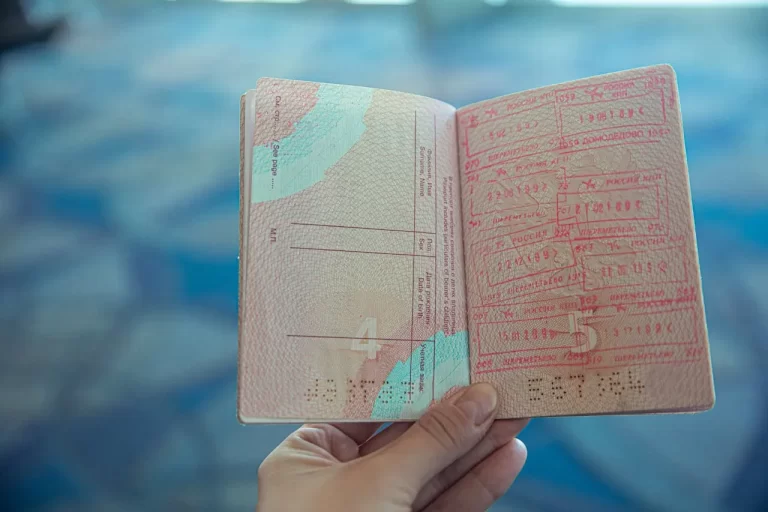
How the Process Works
Although procedures vary, the steps generally include:
Sponsorship – A local company or Employer of Record applies on behalf of the employee.
Document Submission – Contracts, IDs, and qualifications are filed with immigration or labour authorities.
Processing – Governments review applications (average 4–12 weeks).
Approval – Permit issued, often linked to residence status.
Renewal – After 1–2 years, most permits must be renewed.
Country Snapshots
Brazil
Temporary permits valid up to 2 years, renewable once.
Employers must comply with strict benefits (13th salary, vacation bonus).
Processing can take 2–4 months.
Mexico
Temporary resident visa with work authorization, 1 year initially.
Renewable up to 4 years, then eligible for permanent residency.
Police clearance and health insurance often required.
Colombia
Permits tied to role and contract length.
Processing usually faster than in Brazil or Mexico.
Employers must register contracts with the Ministry of Labour.

Streamline Your Expansion with EOR Services in LATAM
Expand across Latin America effortlessly with our Employer of Record (EOR) services. We handle compliance, payroll, and employee management, ensuring smooth operations while you focus on growing your business.
Employer Responsibilities
Securing a work permit is not just an employee obligation. Employers sponsoring foreign staff must:
Issue contracts compliant with local law.
Pay social security and tax contributions.
Maintain records for government audits.
Notify authorities of contract changes or terminations.
Failure to do so carries significant consequences.
Risks, Trade-offs, and Outlook
Work permits are not uniform, and companies must plan accordingly. Processing delays can affect project timelines. Costs vary between countries, and renewals require careful monitoring.
Some firms still choose to establish subsidiaries, particularly when planning hundreds of hires. But for many, especially in the testing or early-expansion phase, outsourcing the permit process through an EOR is a pragmatic solution.
As nearshoring and remote work reshape global hiring, demand for compliant workforce solutions in Latin America will only increase. Europortage positions itself as a partner that bridges ambition and regulation — ensuring companies and employees alike operate on secure legal ground.
How Europortage Simplifies the Process
For companies hiring across multiple Latin American markets, managing work permits in-house is resource-intensive. Each jurisdiction involves different documentation, government fees, and approval procedures.
This is where Europortage enters. Acting as an Employer of Record (EOR), the company sponsors work permits on behalf of its clients. It manages paperwork, liaises with authorities, and ensures compliance with local labour laws.
Europortage’s model provides three clear benefits:
Speed – Onboard employees faster by reducing bureaucracy.
Compliance – Stay aligned with shifting immigration and labour rules.
Flexibility – Expand or scale back teams without maintaining permanent entities.
FAQ
How long does it take to obtain a work permit in LATAM?
Most approvals take 1–3 months, depending on the country.
Can employees start work before permits are approved?
No. Employment begins only after official authorization.
Can work permits transfer between employers?
Usually not. A new employer must file a fresh application.
Do digital nomads require work permits?
Some countries now offer digital nomad visas, but these generally prohibit local employment.




